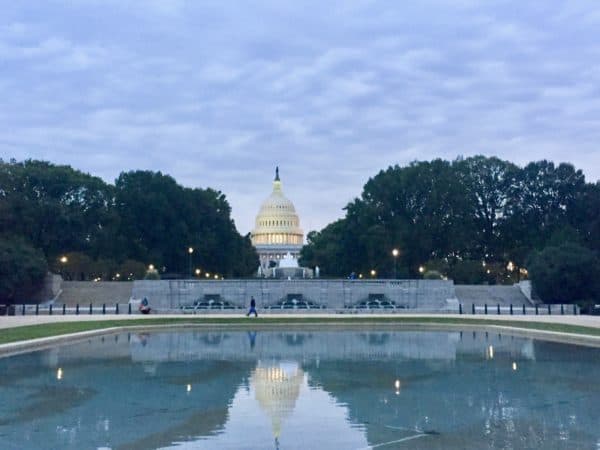Last week, CI reported that a damaging clause included in pending legislation had been pulled from the language of the bill. The portion of the legislation was ostensibly designed to halt IRA investors (investment retirement accounts) from holding private securities in these tax-sheltered, retirement vehicles.
It is estimated that over 60 million US taxpayers utilize IRAs – and it is not just older investors but the younger investing demographic that has seized upon the benefits of saving for their later stages of life. While the section of the aformentioned bill was clearly targeting Reg D offerings, private securities available to accredited investors, it was written in such a way that it would have impacted offerings issued under Reg CF and Reg A+ – securities available to both accredited and non-accredited investors. As well, not all investors that participate in Reg D offerings are part of the mega-rich sector but are, in effect, middle-class investors.
John Berlau, a Senior Fellow at the Competitive Enterprise Institute (CEI) and an expert on securities law, shared the following statement on the removal of the IRA ban:
“Though there are still many provisions of the reconciliation bill that are regressive, counterproductive, and wasteful, it is heartening that bipartisan support for startup entrepreneurs and the JOBS Act framework appears to have carried the day and gotten the horrific IRA provisions excised from the latest version of the bill. While the newest version does limit overall IRA investing by the wealthy, which could indirectly limit the pool of funds for startups, it mercifully no longer restricts or bans IRA investment in firms that utilize JOBS Act provisions or the ‘accredited investor’ exemption of Regulation D. Supporters of startups and the JOBS Act must still be vigilant, however, to make sure these horrific provisions aren’t reintroduced in a later version of the bill during the legislative process. So keep calling, texting, emailing, and pinging House and Senate members about how important this issue is.”
CI has also reported on legislation that impacts the digital assets sector. The infrastructure bill is on its way to becoming law after passing both the House and Senate. Buried within the legislation are new reporting requirements that will impact the crypto industry. Crypto exchanges, and perhaps other digital asset service providers, will soon (2023) need to report transactions to the Internal Revenue Service (IRS) meaning the tax agency will be able to see if gains are under or mis-reported.
Berlau shared his thoughts on these new regulations:
“Unfortunately, the House ignored the bipartisan outcry about the vague and broad tax reporting provisions in the infrastructure bill,” said Berlau. “During the debate this summer on the Senate version of the bill, Democrats and Republicans expressed the widespread sentiment that cryptocurrency developers and creators such as miners, who for security purposes do not have access to identifying information of individual crypto holders, should not be treated as “brokers” with tax reporting obligations for those whose cryptocurrency accounts they service. Grass-roots efforts from state and local groups to modify the problematic provisions showed that cryptocurrency and blockchain entrepreneurs are a vital part of every region’s economy. Congress should modify these provisions in other legislation, and if that is not done, the Treasury Department should stick to promises made during the legislative debate to not apply these provisions to non-brokers.”
In the end, interpretation may play a larger role in how digital asset reporting is administered


